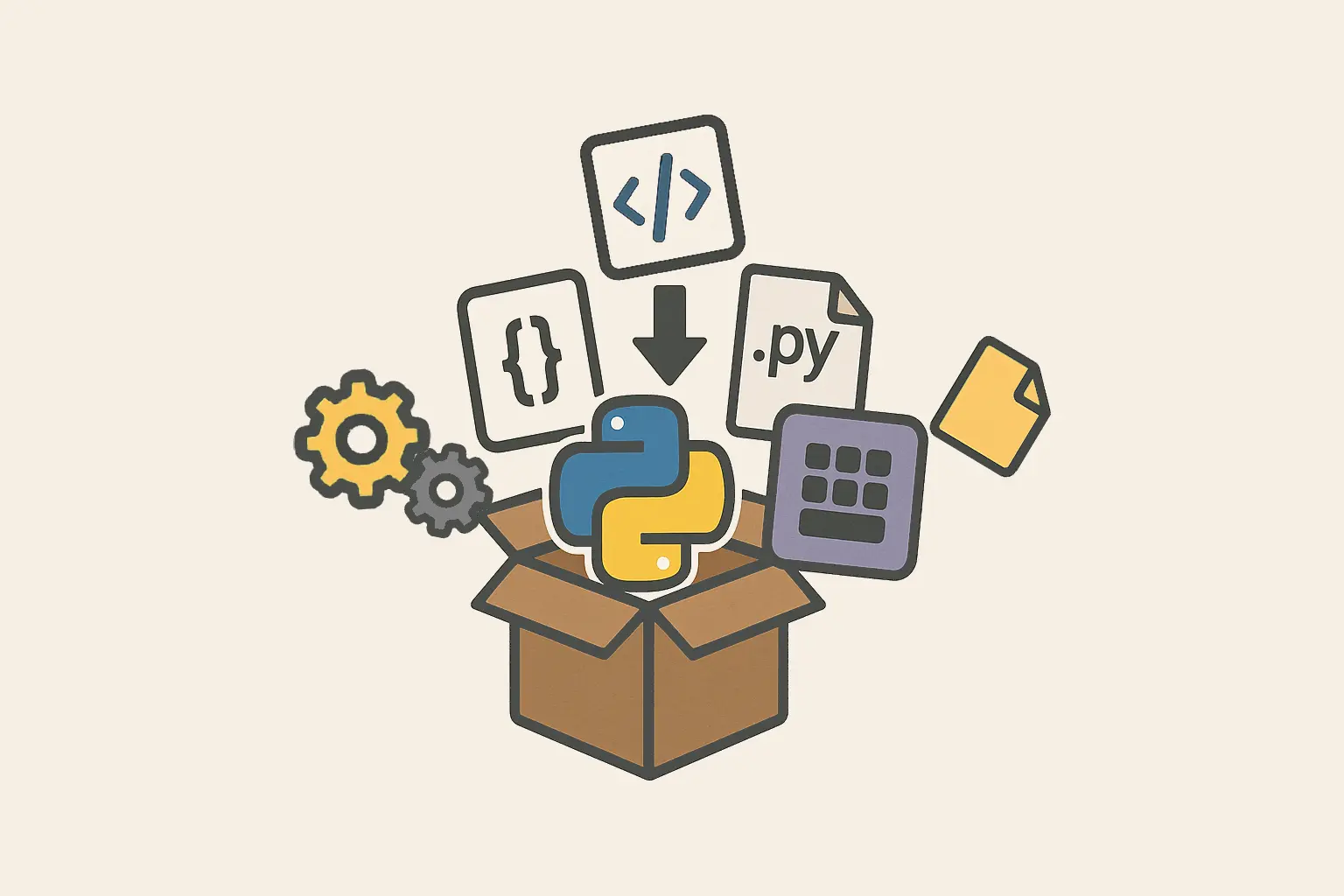1
2
3
4
5
6
7
8
9
10
11
12
13
14
15
16
17
18
19
20
21
22
23
24
25
26
27
28
29
30
31
32
33
34
35
36
37
38
39
40
41
42
43
44
45
46
47
48
49
50
51
52
53
54
55
56
57
58
59
60
61
62
63
64
65
66
67
68
69
70
71
72
73
74
75
76
77
78
79
80
81
82
83
84
85
86
87
88
89
90
91
92
93
94
95
96
97
98
99
100
101
102
103
104
105
106
107
108
109
110
111
112
113
114
115
116
117
118
119
120
121
122
123
124
125
126
127
128
129
130
131
132
133
134
135
136
137
138
139
140
141
142
143
144
145
146
147
148
149
150
151
152
153
154
155
156
157
158
159
160
161
162
163
164
165
166
167
168
169
170
171
172
173
174
175
176
177
178
179
180
181
182
183
184
185
186
187
188
189
190
191
192
193
194
195
196
197
198
199
200
201
202
203
204
205
206
207
208
209
210
211
212
213
214
215
216
217
218
219
220
221
222
223
224
225
226
227
228
229
230
231
232
233
234
235
236
237
238
239
240
241
242
243
244
245
246
247
248
249
250
251
252
253
254
| import math
import torch
import torch.nn as nn
from sssd.core.layers.s4.s4_layer import S4Layer
from sssd.core.utils import calc_diffusion_step_embedding
def swish(x):
return x * torch.sigmoid(x)
class Conv(nn.Module):
def __init__(self, input_channels, output_channels, kernel_size=3, dilation=1):
super().__init__()
self.padding = dilation * (kernel_size - 1) // 2
self.conv = nn.Conv1d(
input_channels,
output_channels,
kernel_size,
dilation=dilation,
padding=self.padding,
)
self.conv = nn.utils.parametrizations.weight_norm(self.conv)
nn.init.kaiming_normal_(self.conv.weight)
def forward(self, x):
out = self.conv(x)
return out
class ZeroConv1d(nn.Module):
def __init__(self, in_channel, out_channel):
super(ZeroConv1d, self).__init__()
self.conv = nn.Conv1d(in_channel, out_channel, kernel_size=1, padding=0)
self.conv.weight.data.zero_()
self.conv.bias.data.zero_()
def forward(self, x):
out = self.conv(x)
return out
class ResidualBlock(nn.Module):
def __init__(
self,
residual_channels,
skip_channels,
diffusion_step_embed_dim_output,
input_channels,
s4_max_sequence_length,
s4_state_dim,
s4_dropout,
s4_bidirectional,
s4_use_layer_norm,
):
super().__init__()
self.residual_channels = residual_channels
self.fc_t = nn.Linear(diffusion_step_embed_dim_output, self.residual_channels)
self.S41 = S4Layer(
features=3 * self.residual_channels,
lmax=s4_max_sequence_length,
N=s4_state_dim,
dropout=s4_dropout,
bidirectional=s4_bidirectional,
layer_norm=s4_use_layer_norm,
)
self.conv_layer = Conv(
self.residual_channels, 3 * self.residual_channels, kernel_size=3
)
self.S42 = S4Layer(
features=3 * self.residual_channels,
lmax=s4_max_sequence_length,
N=s4_state_dim,
dropout=s4_dropout,
bidirectional=s4_bidirectional,
layer_norm=s4_use_layer_norm,
)
self.cond_conv = Conv(
3 * input_channels, 3 * self.residual_channels, kernel_size=1
)
self.cond_bn = nn.BatchNorm1d(3 * self.residual_channels)
self.res_conv = nn.Conv1d(residual_channels, residual_channels, kernel_size=1)
self.res_conv = nn.utils.parametrizations.weight_norm(self.res_conv)
nn.init.kaiming_normal_(self.res_conv.weight)
self.skip_conv = nn.Conv1d(residual_channels, skip_channels, kernel_size=1)
self.skip_conv = nn.utils.parametrizations.weight_norm(self.skip_conv)
nn.init.kaiming_normal_(self.skip_conv.weight)
def forward(self, input_data):
x, cond, diffusion_step_embed = input_data
h = x
B, C, L = x.shape
assert C == self.residual_channels
part_t = self.fc_t(diffusion_step_embed)
part_t = part_t.view([B, self.residual_channels, 1])
h = h + part_t
h = self.conv_layer(h)
h = self.S41(h.permute(2, 0, 1)).permute(1, 2, 0)
assert cond is not None
cond = self.cond_conv(cond)
cond = self.cond_bn(cond)
h += cond
h = self.S42(h.permute(2, 0, 1)).permute(1, 2, 0)
#out = torch.tanh(h[:, : self.residual_channels, :]) * torch.sigmoid(
# h[:, self.residual_channels :, :]
#)
gate, filter, _ = torch.chunk(h, 3, dim=1) # 每段 shape = (B, 256, L)
out = torch.tanh(gate) * torch.sigmoid(filter)
res = self.res_conv(out)
assert x.shape == res.shape
skip = self.skip_conv(out)
return (x + res) * math.sqrt(0.5), skip # normalize for training stability
class ResidualGroup(nn.Module):
def __init__(
self,
residual_channels,
skip_channels,
residual_layers,
diffusion_step_embed_dim_input,
diffusion_step_embed_dim_hidden,
diffusion_step_embed_dim_output,
input_channels,
s4_max_sequence_length,
s4_state_dim,
s4_dropout,
s4_bidirectional,
s4_use_layer_norm,
device="cuda",
):
super(ResidualGroup, self).__init__()
self.residual_layers = residual_layers
self.diffusion_step_embed_dim_input = diffusion_step_embed_dim_input
self.fc_t1 = nn.Linear(
diffusion_step_embed_dim_input, diffusion_step_embed_dim_hidden
)
self.fc_t2 = nn.Linear(
diffusion_step_embed_dim_hidden, diffusion_step_embed_dim_output
)
self.residual_blocks = nn.ModuleList()
for n in range(self.residual_layers):
self.residual_blocks.append(
ResidualBlock(
residual_channels,
skip_channels,
diffusion_step_embed_dim_output=diffusion_step_embed_dim_output,
input_channels=input_channels,
s4_max_sequence_length=s4_max_sequence_length,
s4_state_dim=s4_state_dim,
s4_dropout=s4_dropout,
s4_bidirectional=s4_bidirectional,
s4_use_layer_norm=s4_use_layer_norm,
)
)
self.device = device
def forward(self, input_data):
noise, conditional, diffusion_steps = input_data
diffusion_step_embed = calc_diffusion_step_embedding(
diffusion_steps, self.diffusion_step_embed_dim_input, device=self.device
)
diffusion_step_embed = swish(self.fc_t1(diffusion_step_embed))
diffusion_step_embed = swish(self.fc_t2(diffusion_step_embed))
h = noise
skip = 0
for n in range(self.residual_layers):
h, skip_n = self.residual_blocks[n]((h, conditional, diffusion_step_embed))
skip += skip_n
return skip * math.sqrt(1.0 / self.residual_layers)
class SSSDS4Imputer(nn.Module):
def __init__(
self,
input_channels,
residual_channels,
skip_channels,
output_channels,
residual_layers,
diffusion_step_embed_dim_input,
diffusion_step_embed_dim_hidden,
diffusion_step_embed_dim_output,
s4_max_sequence_length,
s4_state_dim,
s4_dropout,
s4_bidirectional,
s4_use_layer_norm,
device="cuda",
):
super().__init__()
self.init_conv = nn.Sequential(
nn.Conv1d(input_channels, residual_channels, kernel_size=1),
nn.ReLU(),
)
self.residual_layer = ResidualGroup(
residual_channels=residual_channels,
skip_channels=skip_channels,
residual_layers=residual_layers,
diffusion_step_embed_dim_input=diffusion_step_embed_dim_input,
diffusion_step_embed_dim_hidden=diffusion_step_embed_dim_hidden,
diffusion_step_embed_dim_output=diffusion_step_embed_dim_output,
input_channels=input_channels,
s4_max_sequence_length=s4_max_sequence_length,
s4_state_dim=s4_state_dim,
s4_dropout=s4_dropout,
s4_bidirectional=s4_bidirectional,
s4_use_layer_norm=s4_use_layer_norm,
device=device,
)
self.final_conv = nn.Sequential(
nn.Conv1d(skip_channels, skip_channels, kernel_size=1),
nn.ReLU(),
ZeroConv1d(skip_channels, output_channels),
)
def forward(self, input_data):
noise, conditional, mask, diffusion_steps, frk_basis = input_data
# Handle mask and concatenate it to the conditional input
conditional = conditional * mask
conditional = torch.cat([conditional, mask.float(), frk_basis], dim=1)
# Forward pass through the network
x = noise # Ensure x is 3D (B, C, L)
x = self.init_conv(x)
x = self.residual_layer((x, conditional, diffusion_steps))
y = self.final_conv(x)
return y
|



